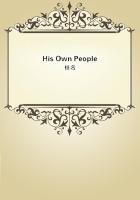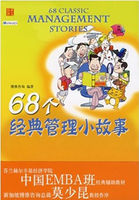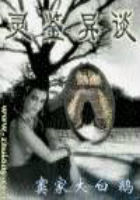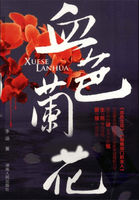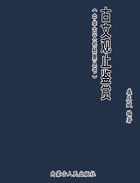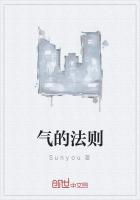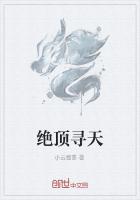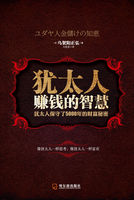For example, if we ask "why is this man healthy?" the answer is "Because the doctor healed him" And so we should ask again, "By what means did the doctor heal him?"--"Through the act of healing which he possesses."It should also be noted that posterior cause is also called proximate cause and prior cause, remote cause.Hence these two divisions of causes--prior and posterior, remote and proximate--signify the same thing.However, it should be observed that always what is more universal is called remote cause, what is more particular is called proximate cause.For example, we say that the proximate form of man is his definition, namely, rational mortal animal; but animal is more remote and substance again more remote.And similarly the proximate matter of the statue is bronze, but the remote matter is metal and the again more remote is body.
Again, (according to another division) of causes, some are essential and some are accidental.
A cause is called essential which is the cause of something in so far as it is this kind of thing--for example, the builder is the cause of the house and the wood is the matter of the bench.A cause is called accidental which happens (to coincide with) an essential cause-for example, when we say that the grammarian; builds (a house).For the grammarian is called a cause of the building accidentally, for he does so not in so far as he is grammarian, but in so far as he is builder and it happens that he be a grammarian.And the case is similar in the other causes.
Again, (according to another division) of causes, certain ones are simple, others are composite.
A cause is called simple when what is the essential cause is alone called cause or also when what is the accidental cause is alone called cause--for example if we say that the builder is the cause of the house and, similarly, if we say the doctor is the cause of the house.However a cause is called composite when both are said to be causes--for example, if we say the doctor-builder is the cause of the house.A cause can also be called simple in the way in which Avicenna explains it: that which causes without being united to another, as the bronze of statue--for the statue is of bronze without the addition of any other matter--and just as it is said that the doctor produces health or that fire produces heat.However he calls a cause composite when many things must come together in that which is a cause, just as one man is not the cause of the movement of the ship but many and as one stone is not the matter of the house, but many.
Again, (according to another division) of causes, some are actual and others are potential.
An actual cause is one which actually causes a thing, as the builder when he is building, or the bronze when a statue is made of it.A potential cause is one which, although it is not causing the thing in act, nevertheless can cause it, as the builder while he is not building.And it should be noted that in speaking of actual causes it is necessary that the cause and the caused exist simultaneously, such that if one is, the other must also be.For if a builder be in act, it is necessary that he build.And if there is building in act, there must be a builder in act.But this is not necessary in causes which are only potential.And it should be noted moreover that a universal cause is related to a universal effect, while a singular cause is related to a singular effect, just as we say that builder is the cause of house and this builder is the cause of this house.

